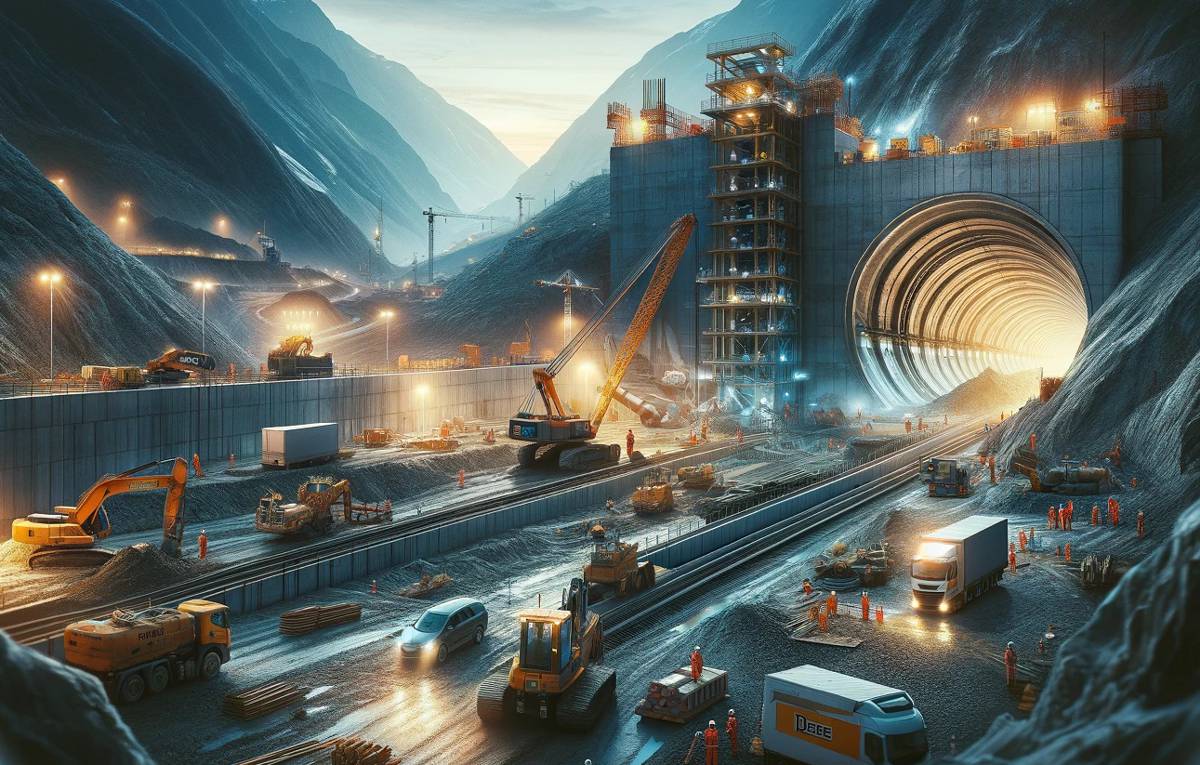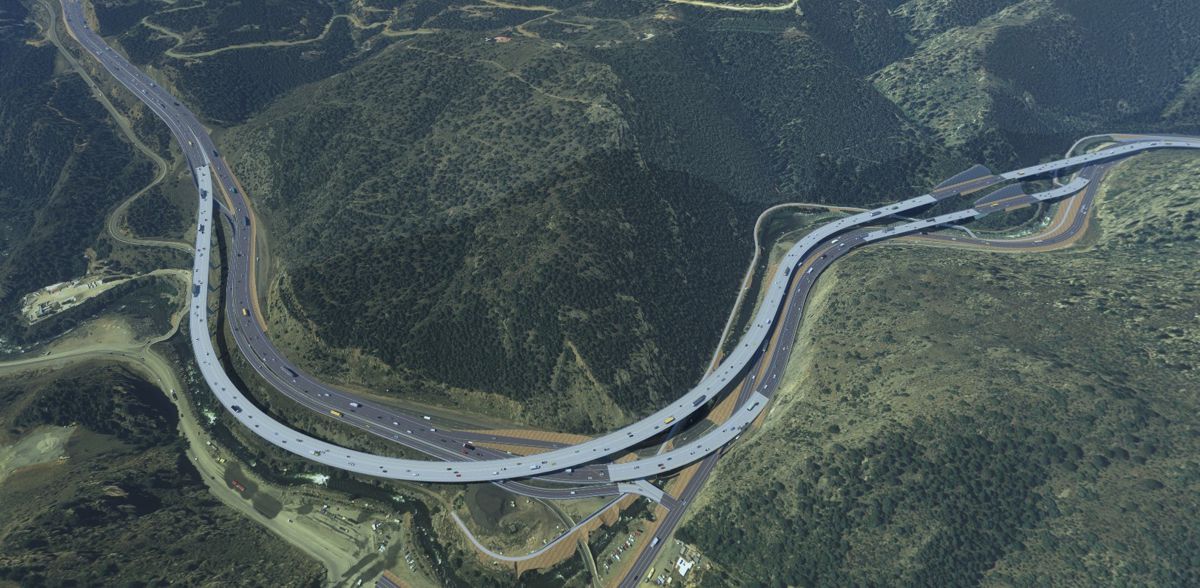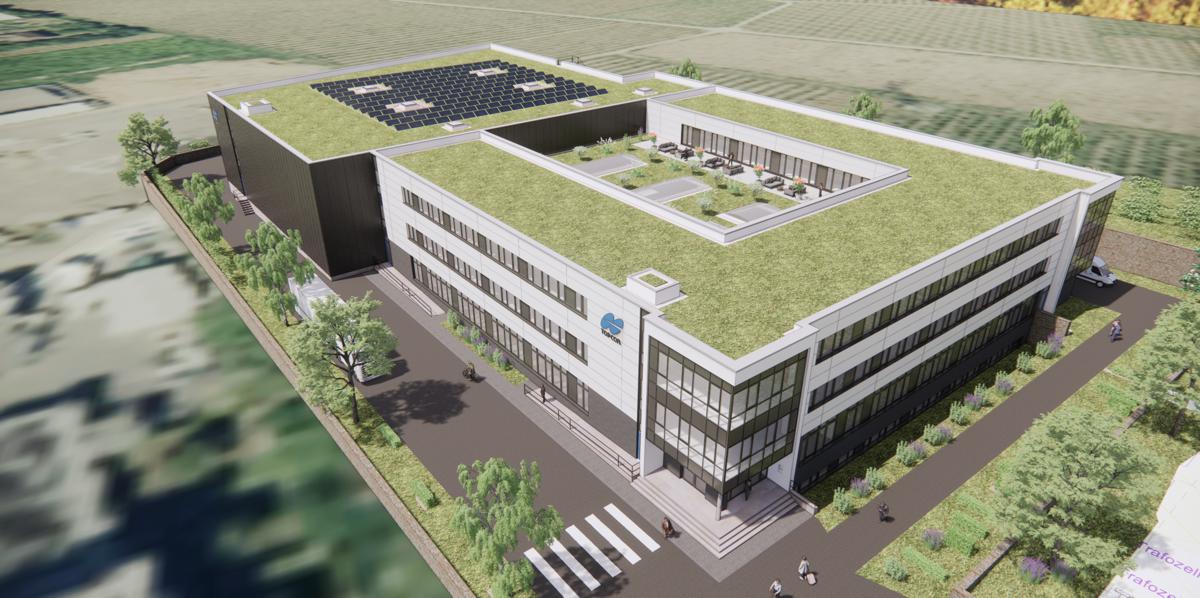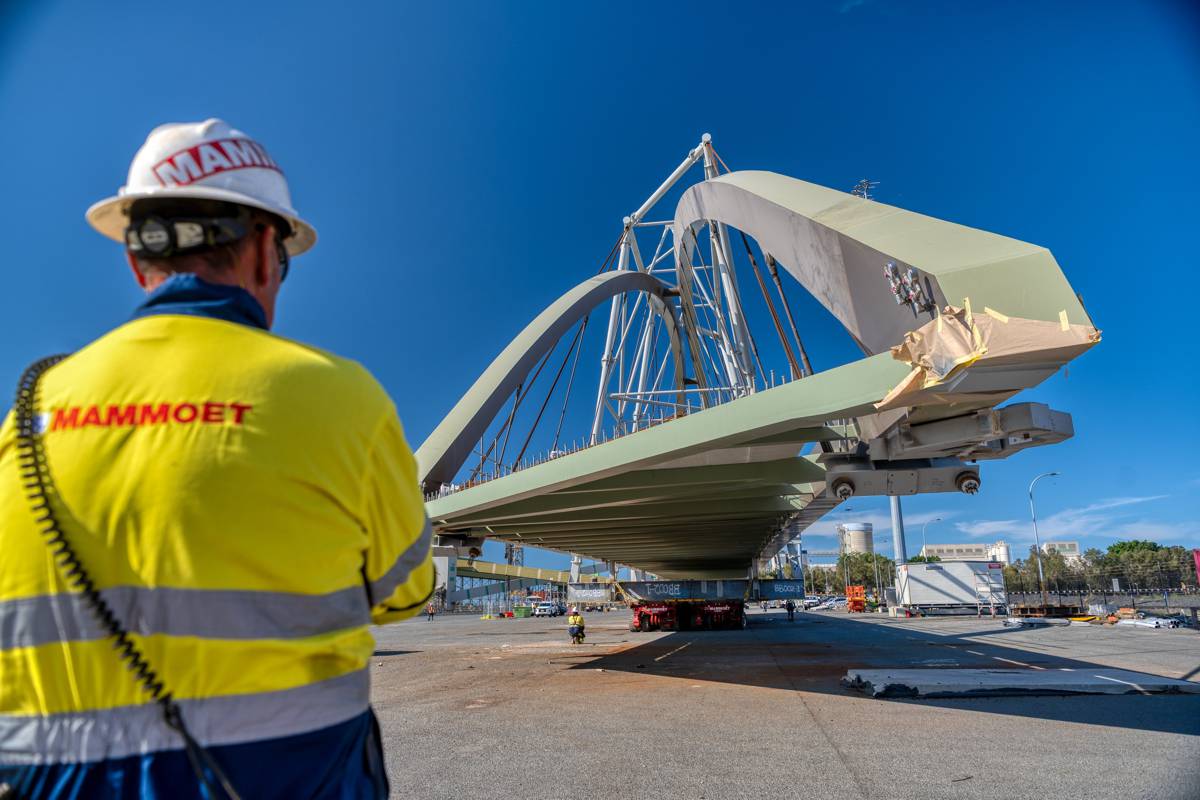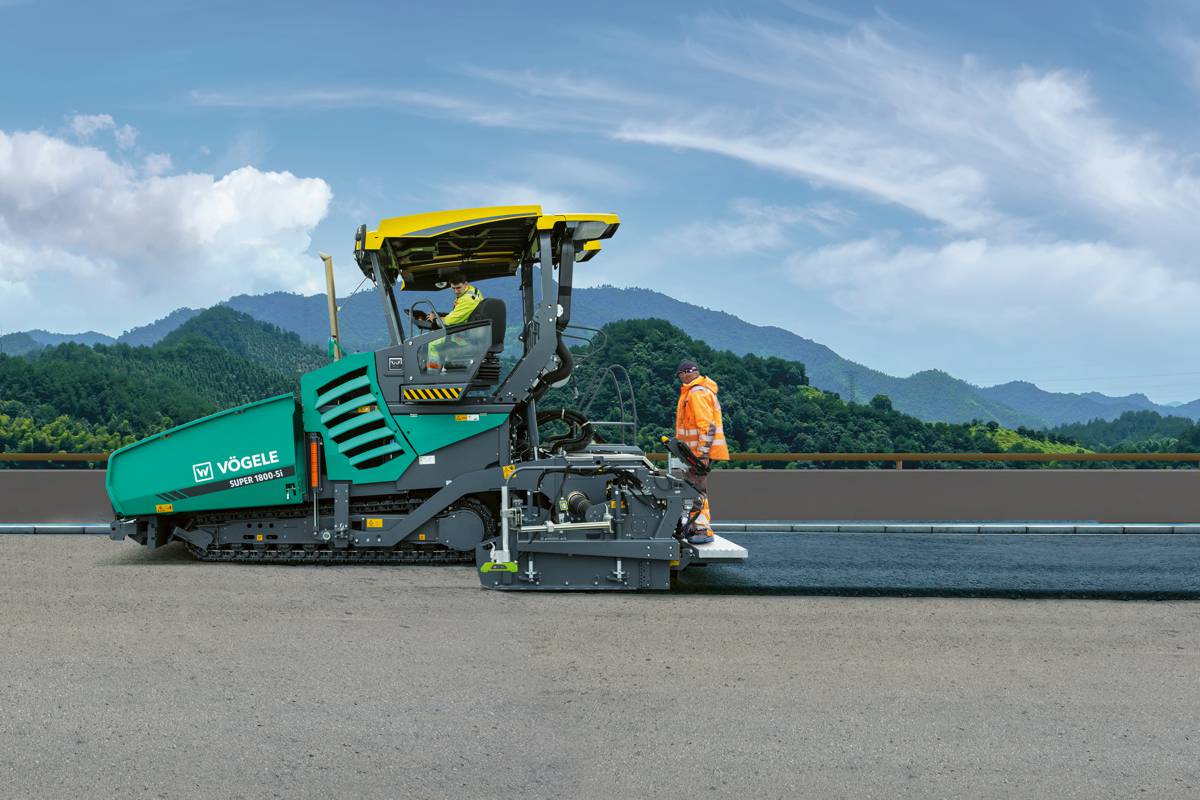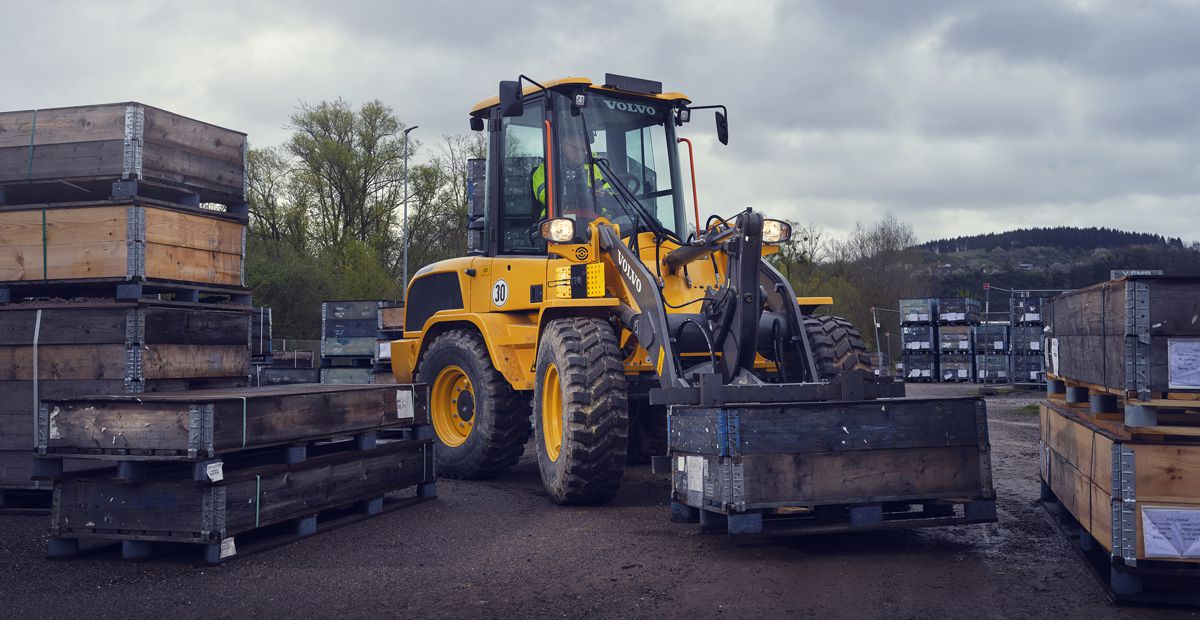The Role of Base Camps in Highway Construction Success
Say you’re an owner of a construction company undertaking a major highway construction project. One component that you shouldn’t overlook is the base camp.
Construction industry experts agree that well-planned and well-run base camps ensure success of any given highway construction undertakings. Read on below to learn more about them.
What Is A Base Camp For Construction Projects
A base camp is a self-contained community set up near remote highway construction sites. It provides living quarters for workers as well as support services and administrative offices for the project. Think of it as a home away from home and headquarters rolled into one.
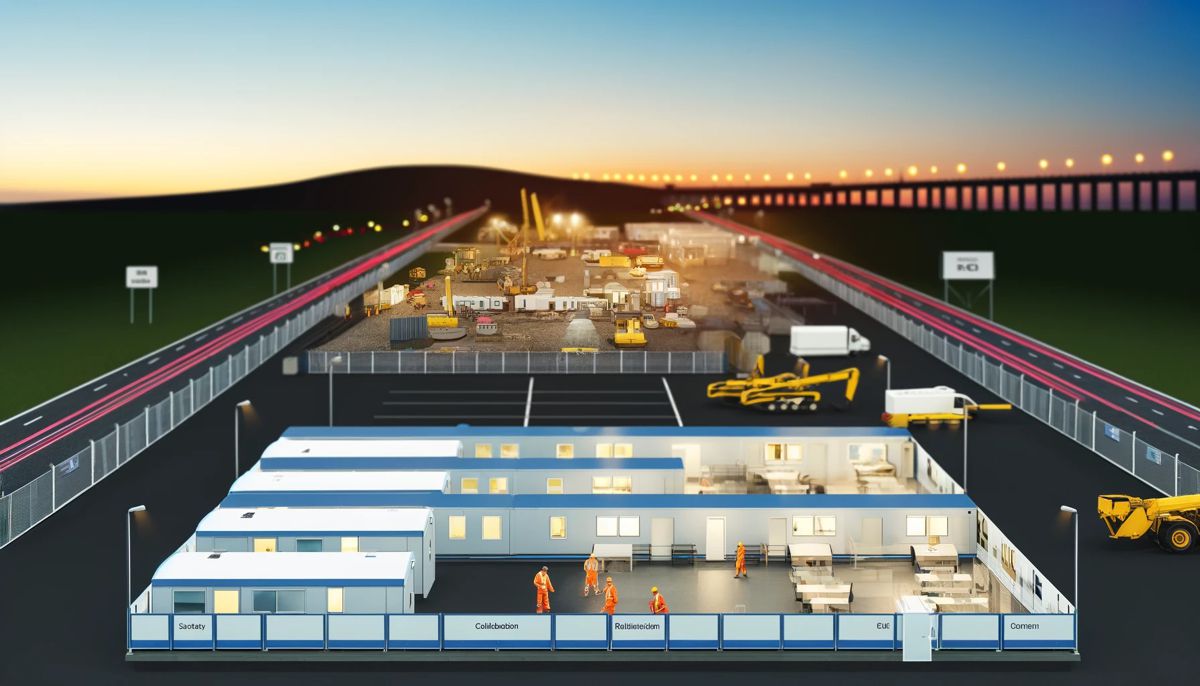
Key Components Of An Effective Base Camp
For a base camp to properly fulfil its role, it must have:
- Sufficient Housing
With high-quality base camps like Turnkey base camp, you’ll need enough trailers, tents, or modular structures to comfortably accommodate your entire crew.
Opt for housing with amenities like private bathrooms, temperature control, and noise insulation. Cramped, spartan quarters will hurt morale. Consider separate accommodations for men and women as well as families if workers bring spouses and children. Don’t forget laundry facilities and cleaning services to keep living spaces sanitary.
- Dining And Recreation Facilities
A well-fed worker is a happy and productive worker. Provide a spacious dining hall serving a variety of hearty, nutritious meals for various shifts around the clock. Consider dietary restrictions and regional tastes.
And don’t forget recreation—TV lounges, gyms, sports courts, hobby spaces, and taverns help workers unwind. Some camps even have movie theaters, libraries, chapels, and salons! The goal is to create a vibrant after-hours community.
- Reliable Utilities
Electricity, heat, clean water, and waste management are non-negotiable. Partner with experienced utility providers who can handle the unique challenges of remote locations, like extreme weather and distance from the grid.
Have backup generators, water reserves, and sewage systems on standby. Provide ample outlets, charging stations, and Wi-Fi for personal devices. Consider renewable energy sources like solar and wind to reduce fuel costs and emissions.
- Robust Communications
Your base camp needs a dependable communications setup, including landlines, high-speed internet, and two-way radios. Satellite connectivity may be necessary in far-flung places. This keeps your team connected to each other, headquarters, suppliers, and emergency services.
Reliable comms are also crucial for receiving weather alerts, project updates, and news from home. Have a plan for communications outages too, like backup systems and emergency contact protocols.
- Medical Services
Ensure there’s a well-equipped clinic staffed 24/7 by qualified doctors, nurses, and medics. It should be stocked with ample first-aid supplies, common medications, and stabilization equipment like defibrillators and oxygen. Have medical evacuation protocols, insurance, and connections with regional hospitals in place. Swift response to injuries, illnesses, and mental health issues is critical in remote areas where definitive care may be hours away.
And don’t forget dentistry, physical therapy, and wellness services to keep workers in top condition.
- Security
Around-the-clock security guards and strict access control measures keep your people and property safe. Perimeter fencing, security cameras, visitor logs, and ID badges are also wise. Partner with local law enforcement and emergency responders. Have crisis response plans for threats like active shooters, fires, and civil unrest.
A solid security setup deters theft, vandalism, and unauthorized entry while giving workers peace of mind in isolated locales.
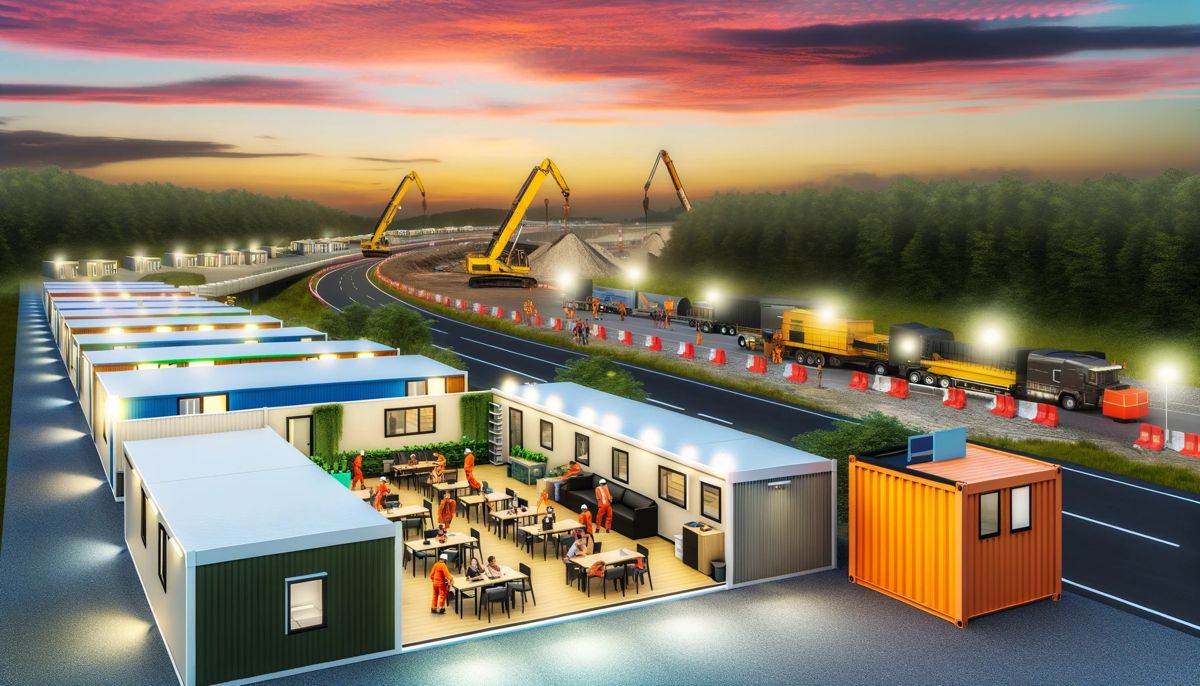
Other valuable amenities for base camps in construction projects, such as road works, include:
- Banking services so workers can access their pay;
- Postal services for sending and receiving mail and packages;
- Employer-sponsored excursions and events for fun and camaraderie;
- Retail shops for basic supplies and sundries so workers needn’t make long treks for essentials;
- Interfaith prayer and meditation spaces;
- On-site barbers, masseuses, and other personal care services;
- Employee assistance programs for mental health, substance abuse, financial planning, and more; and the like.
How Base Camps Boost Productivity
A strategically located, fully featured base camp makes an enormous difference in crew performance and morale. Here’s how:
- Minimize Commute Times
When workers live minutes away from the job site, they’re fresher and more focused. Less time on the road means lower transport costs and risks.
- Improve Worker Well-Being
Creature comforts matter when you’re far from home. By providing cosy living quarters, good food, recreational outlets, and attentive medical care, you show workers you value them. In turn, they’re more likely to stick with the project and give it their all. Well-cared-for workers make for safe, efficient projects and vice versa.
- Streamline Logistics
With support services and administrative offices on site, you avoid delays caused by remote coordination. Spare parts, extra materials, permits, and important paperwork are all close at hand. Base camp proximity means faster decisions, approvals, and problem-solving.
- Enhance Collaboration
When your whole team is in one place, it’s easier to build cohesion and coordinate efforts. You can hold all-hands meetings, safety briefings, skills training sessions and team-building events.
Crew members can easily consult each other on technical challenges. This face-to-face collaboration fosters a shared sense of mission and helps catch and resolve problems early before they snowball. Many breakthrough ideas emerge from informal chats in base camp common areas.
- Ensure Regulatory Compliance
A well-run base camp helps you adhere to labour laws, building codes, safety regulations, and environmental rules. You can efficiently conduct inspections, calibrate equipment, maintain records, and make any necessary adjustments in one centralized hub.
Dedicated compliance personnel can be on-site to keep things shipshape. Penalties for non-compliance can be steep—not to mention the ethical imperatives of keeping workers safe and being a good steward of the land.
Put Importance To Your Highway Construction Project’s Base Camp Component
At the end of the day, your base camp is more than just a jumble of trailers and tents—it’s a foundation for success. By investing proper attention and resources into creating a safe, comfortable, and efficient base camp, you set your highway construction project up to thrive.
Don’t treat your base camp as an afterthought. Make it a cornerstone of your project planning process alongside engineering, scheduling, procurement, and budgeting. Bring in base camp design and logistics experts early. Tour other successful base camps for inspiration. Survey workers for input on layout, amenities, and services.
In Conclusion
A well-built base camp is the unsung hero of many successful highway construction projects. It’s the sturdy bedrock that enables everything else. When you get the base camp right, it’s like a force multiplier for your team’s energy and capability.
Build your base camp with the same meticulous care and foresight you bring to the roadways themselves.



